Brendan Gallagher continues his series looking at rugby's great schools
NOT for the first time in this series we must sing the praises of a school that has sadly disappeared off the radar. There was a Bermuda Triangle in English Rugby during the late 70s and 80s during which too many great rugby schools disappeared, never to be replaced.
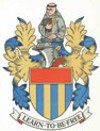
Back in the 60s and early 70s few schools caused more fear and trepidation on the circuit than Normanton Grammar School. Tough young yorkies – mainly the sons of miners and railway workers – from the very heart of Rugby League land.
Normanton was the home of talented all-court backs like Steve Trigg, Colin Lambert, Les Cusworth, Bryan Barley, the Burnage twins – Steve and John – Neil Tuffs, the Banks brothers – Keith and Barry – Martin Dyson, Martyn Lindley and many others.
Unsurprisingly they also briefly took the Sevens circuit by storm and twice took the main title at Rosslyn Park which put Normanton well and truly on the map.
A parish or small satellite town of Wakefield, for many decades it's only claim to fame was its extraordinary railway station –a vital junction between Leeds and Manchester serving the coal and cotton industries – that in Victorian times boasted the longest platform (400m) in the world.
The small Grammar school – founded in 1592 – ticked along over the centuries and in sporting terms was known for its football and athletics teams.
Union struggled to get a foothold until the 60s when the combination of a couple of freakishly good year groups and dedicated masters whose first love was Union not League – transformed them into a major force.
No sporting scholarships, no shipping in local talent, just a rugby culture of hard work that saw David regularly give Goliath a bloody nose. There was always a comic book hero ‘tough side of the track' quality to Normanton.
A young Alan Jubb, later to achieve great things at QEGS, was the totem pole figure as coach, galvanising other staff members and overseeing the two Rosslyn Park successes and any number of unbeaten or near unbeaten seasons.
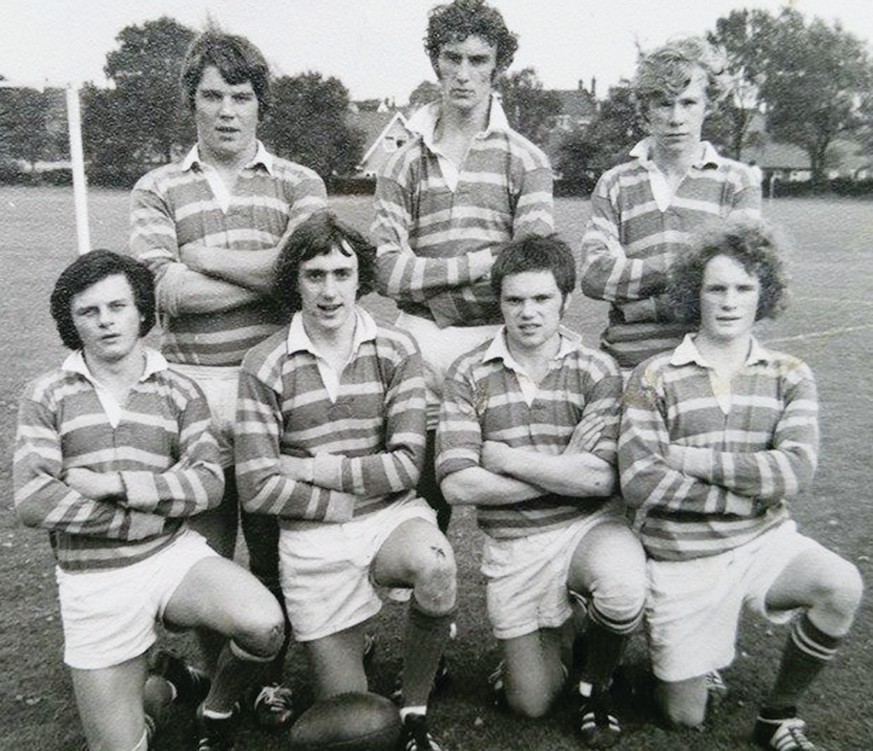
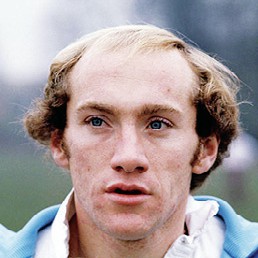
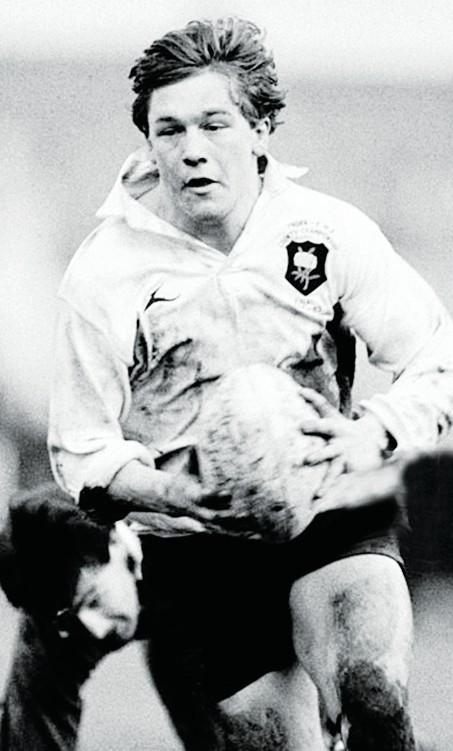
Jubb was also a RL fan and his teams looked like League sides – small, fit and fast – and were reluctant to ever cough up possession. He was also an athletics coach of some note and considered supreme physical fitness as obligatory.
It was a proud, vibrant rugby community lovingly chronicled in the school magazine The Freestonian that was killed off almost overnight by the educational vandalism of doing away with grammar schools denying hungry kids from pit cottages the opportunity to make a splash.
Future GB RL stand-off Dave Topliss was an early Normanton star and, building on that surge of rugby excellence, came the first of Normanton's truly golden teams, the class of ‘68 captained by Steve Trigg that won all 24 regular season fixtures and then went and made history by winning the Rosslyn Park Open.
Trigg was an England Schools star at U15 and U19 levels and went through his entire school career at Normanton without losing, being absent on the very few occasions they lost.
Normanton scored 133 tries in the fifteens season, 107 came from their devastating back division, slickly marshalled by Trigg at fly-half although he could play anywhere in the back division.
Vice-captain Tosh Crossland scored 38 of those tries while Brian Milner – another England schools cap – and flanker John Baker were highly rated.
Trigg skippered the side to their first-ever title despite a particularly tough route through to the final with victories, some narrow, over St Joseph's GS, St Benedict's Ealing, Millfield, Rutlis, Rydal, Dulwich College and Llandovery in the semi-final.
Bablake in the final featured future England and Lions centre Geoff Evans as their quick man and the match went to extra time before Normanton won 17-14. Despite a long season this side went on to win further tournaments at Loughborough, Bridlington and Ilkley before finally losing 6-3 to hosts Llanelli GS at the Llanelli Sevens, their one defeat 21 sevens games that season,Normanton maintained the highest standards for another eight or nine years, until they were closed down as a GS. They enjoyed another unbeaten season in 1969-70 with a draw against Acklam Hall the only blemish and another strong season in 1970-71 that culminated with another Rosslyn Park title when they defeated Llandovery 8-0 in the final with Neil Tuffs and Geoff Strangewood scoring the tries.

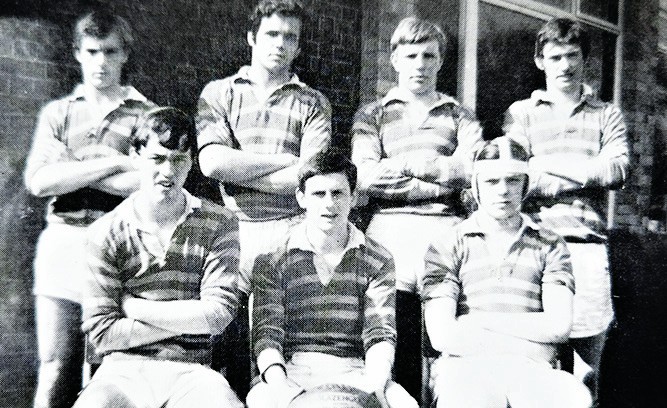
John Dyson, with his long hair adorned with a bandana, scored seven tries en route to the final and The Daily Telegraph story which chronicled their achievement the following day was headlined “Dyson the fleet footed brave” which took some time to live down.
Then came the 1971-72 team which the Fesltonian itself describes as Normanton's greatest ever. That side was skippered by the remarkable Colin Lambert, a sprinter of national repute and son of a Rugby League pro, who played for England U15 at No.8 before switching to the wing where he won England schoolboy honours for three successive seasons, the last of which saw him inspire England to their first Schools Grand Slam.
Not that he was a one-man show– far from it. Vice-captain Strangewood was an exceptional pack leader, the flying Dyson scored 35 tries on the wing, Keith Banks was all class at fullback, Martin Lindley another notable speedster and a young Les Cusworth alternated between full-back, scrum-half and fly-half, while Stephen Auty and Davis Smith were both exceptional flankers.
Another notable season followed in 1975-76 when a back division spearheaded by future England centre Bryan Barley and twins Steve and John Burnage, who were both spoken of as England prospects, amassed 667 points in winning their 18 games. If not quite the last hurrah alas Normanton's days in the sun were numbered thereafter. The axe was about to fall.

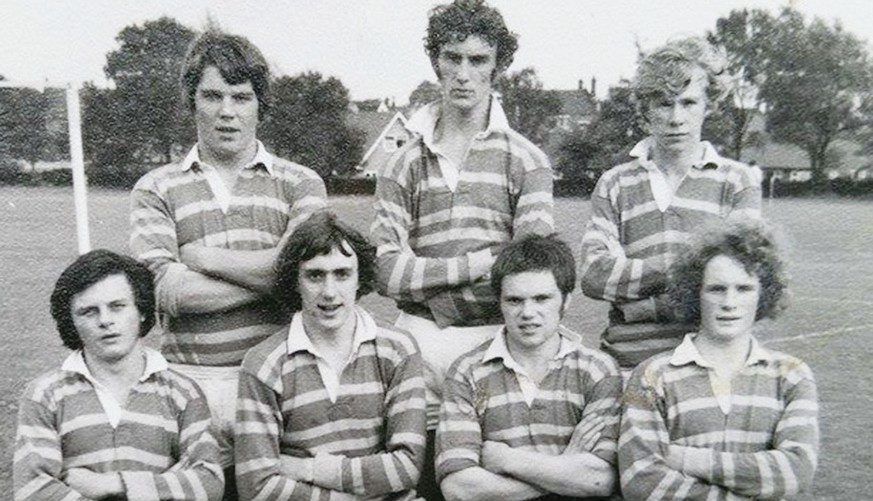
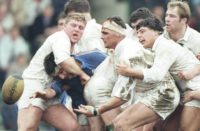
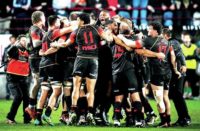
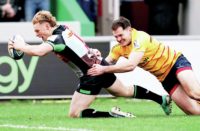





















A great article, thanks. As an ex NGS boy it brought back a lot of good memories.